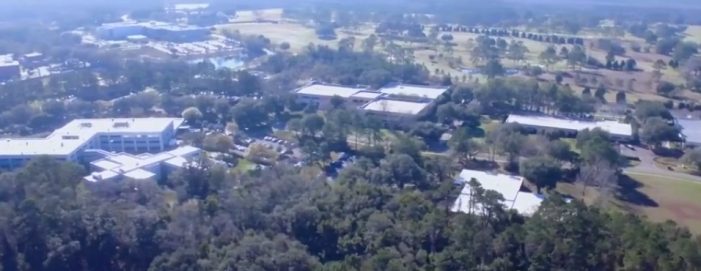Florida State University has been called to start the removal of low-level radioactive waste from two of their storage sites. These sites are located at FAMU-FSU College of Engineering Innovation Park and Apalachicola National Forest.
The university’s laboratories were selected between 1958 to 1979 to conduct research on the effects of low-level radionuclides with the United States Atomic Energy Commission and use the sites to safely store the radioactive waste materials.
Though each site was approved by USDA Forest Service, state agencies, the Florida Department of Health and the Florida State Board of Health while following proper storage protocols for the time period in which research was conducted, FSU will be taking responsibility for the radioactive waste exposure.
“The university is working with environmental experts and regulatory agencies to address two historical waste management sites,” Vice President for Research Gary K. Ostrander said, according to WCTV. “Based on investigations and monitoring performed over the years, there has been no human exposure or elevated risks to human or ecosystem health associated with site conditions. However, in an abundance of caution and to eliminate any future concerns, FSU will remove the waste.”
Talks of removal started more than a year ago, and it is going to be a costly project. The costs are estimated to be between $5 million and $7 million, encompassing equipment, workers and radiation suits.
The sites contain materials including Radium and Dioxane. Currently, groundwater contamination has been reported at the Apalachicola site, but no drinking wells are within a 2.5-mile radius.
The sites have been dormant for years with no entrance for civilians and were closed with a concrete slab to refrain from waste spilling into nearby environments and contaminating people, wildlife and natural resources.
FSU is set to start removal for FSU Innovation Park by next month and the Apalachicola National Forest next year. Waste from both sites will be moved to more modern and regulated facilities.


Wow. That’s a big cleaning job.